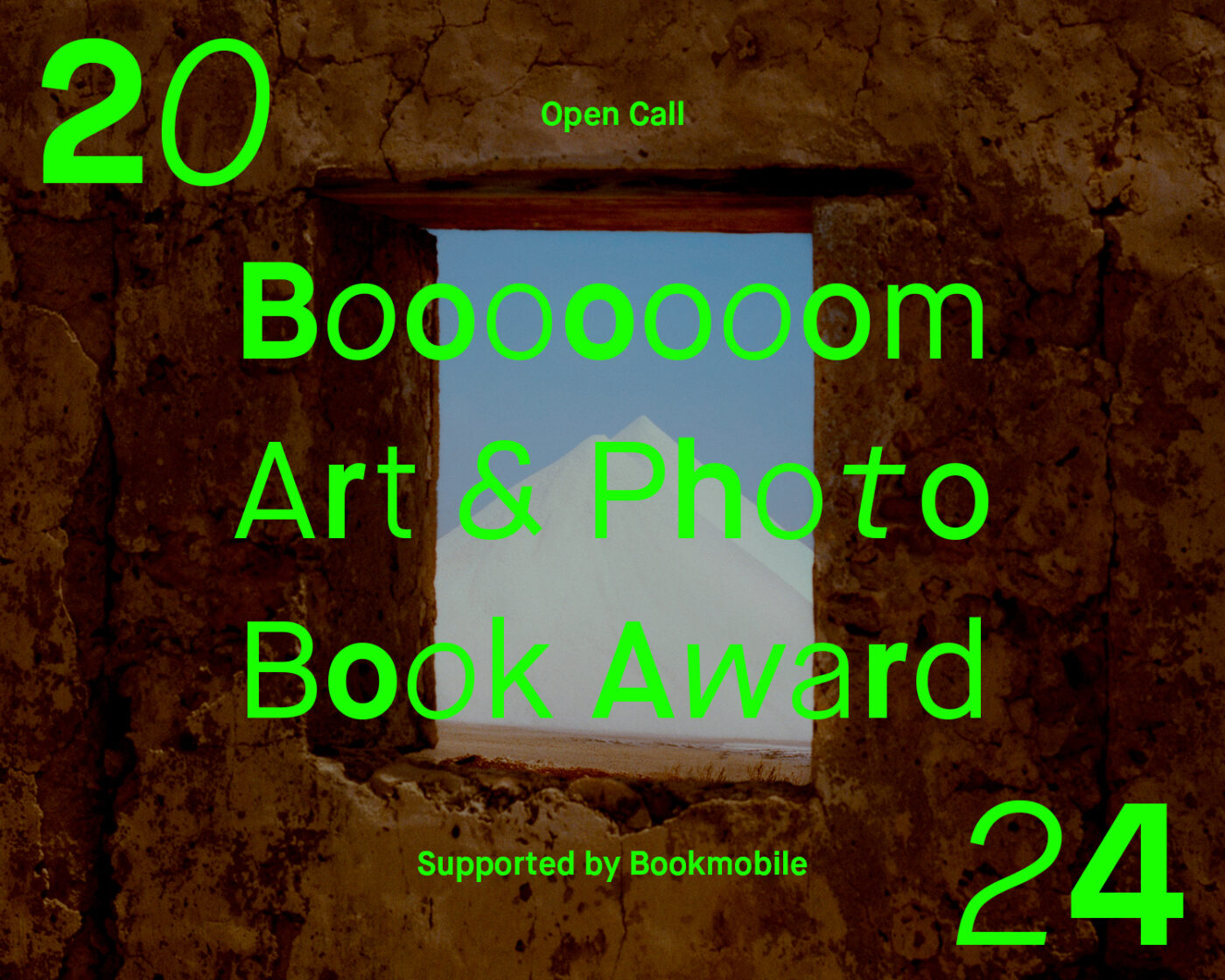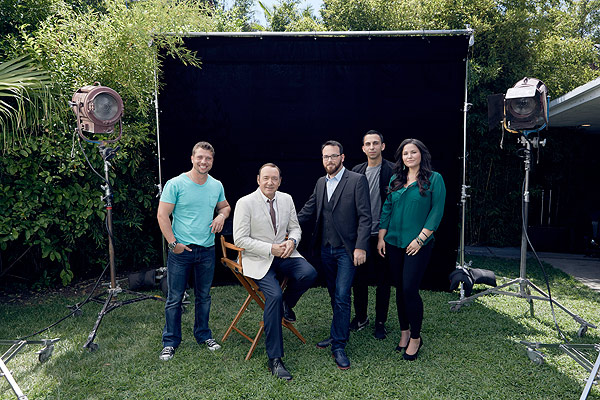
I flew out to LA over the weekend to attend the Jameson “First Shot” short film premiere, and to interview Kevin Spacey about his involvement. For the past couple years Spacey and his production company Trigger Street have offered young writer/directors the opportunity to write a short and direct an A-list actor in the lead role. This year the actor was Uma Thurman, and next year it will be Adrien Brody.
The winners were announced when we got there: Henco J from South Africa, Ivan Petukhov from Russia, and Jessica Valentine from the US. That’s the three of them in the image above, alongside producers Kevin Spacey and Dana Brunetti (in the middle).
I spoke with Kevin Spacey, and the three winners, at the Chateau Marmont just before the premiere at Youtube Space LA. I wasn’t given a whole lot of time, but I was happy to get to ask a few questions.
You can check out my interview below and, of course, watch all three films!
Interview: Kevin Spacey, Henco J, Ivan Petukhov, Jessica Valentine
Jeff Hamada: I guess we’ll just jump right in. I don’t have a lot of time. So I saw online that Trigger Street is a reference to a street you grew up near…
Kevin Spacey: I didn’t live on Trigger Street. My best friend in high school was an actor named Val Kilmer. We went to high school together out here in the Valley. When we were like fifteen we dreamed of building a theatre on Trigger Street because that’s where his family lived. The reason it was called Trigger Street was because before Val’s father bought this place it was Roy Rogers’ ranch. Roy Rogers, you guys may or may not know, is a big American cowboy star and Trigger was his horse. And because in the Valley at that time—it’s like the 1940s, there were no fucking streets, it was all Orange fields and stuff—he got to name the streets. So there was a Dale Avenue, which was named after his wife, and a Trigger street. And so we wanted to build the Trigger Street Theatre and we were going to do Shakespeare and we were going to do plays—anyway, that never happened. But when it came time to name my company I remembered that time and the feeling that Trigger Street was this kind of endless idea so that’s why it’s called Trigger Street.
JH: Is it sort of similar working with Jameson, about kind of going back to a place and being really naïve about making movies and the beginning of it all, I guess?
KS: For me it’s about being able to give opportunities to people who are emerging in the same way that I was given opportunities when I started out because I know for a fact that I wouldn’t have a film career, or any kind of career, if it weren’t for first time writers, first time directors, first time producers who took a chance on me and took me under their wing and believed in me—who gave me opportunities that I would have never had. I have just grown up with a kind of philosophy that if you do well in the business—and I’ve done better than I ever could have imagined—then it’s my obligation and really it’s incredibly important that you spend a good amount of your time sending the elevator back down. And so that’s what I do.
JH: Is there any risk to putting your name next to relatively unknown people—to saying, you know, I curated these in a way?
KS: Yeah but I don’t think there’s anything worth doing in life that isn’t a risk. You know, if you go through life just making every safe choice then you’re probably going to have a pretty fucking boring life. But it’s the risks that make it interesting. You know, you risk working with this director, you risk making this movie, you risk working with another actor you don’t know. What else is there? It makes your heart beat faster. And it keeps you interested. I have no interest sitting around a kidney-shaped swimming pool collecting residual cheques. I want to be fucking in it.
[Laugher]
JH: So for you guys how was it to get over the idea of working with celebrities or famous people?
Ivan Petukhov: We’re getting used to it very fast.
[Laugher]
IP: No, I can do something else without working with celebrities. Actually what I wanted to add to this is that looking at these close ups they’re quite crazy because looking at these names like Uma Thurman, Kevin Spacey and Dana Brunetti… There’s unknown names which is pretty cool because this is like the whole point of this competition—that you’re like on a trampoline, jumping and feeling like a goddess sometimes. [He’s referencing the titles of Jessica’s film and Henco’s film]
KS: He has worn a dress in one of his films, you know.
Jessica Valentine: Yeah, he looked damn good.
IP: But I just realized, how it can be to be given this opportunity—Jameson and Trigger Street doing everything they can for you to feel that high, to feel yourself on that level, and then to keep yourself at that level by working hard and moving forward. And then maybe, having developed yourself as a screenwriter or director—a creator, let’s say—you will continue this kind of legacy and help someone else to grow up also, to make their first steps. This is a very cool chain of creation.
Henco J: And working with celebrities or people who’ve been in the industry so long…
KS: Can we just use the word actors?
[Laughter]
KS: I just find the word celebrity very offensive.
[Laughter]
HJ: What you quickly realize is that once you get started working everyone stays for the work. Everyone stays to create the picture. It doesn’t matter who they are, they want this picture to be the best it can be. So you forget about all the people… not forget about them, but it’s all become one… it’s not about that person it’s about the whole project. And because of the work you quickly get into it.
JH: How important is it for you to allow them to make their own mistakes?
KS: Oh it’s hugely important. What we try to do is we try to prepare them. We try to prep them. There is a great series of conversations that happen between our departments and them. Uma had conversations in fact, not just with them, but with the other filmmakers that were what we would call runners up because, by the time we got down to it, there might have been three maybe five choices in each country. And then we’re looking at various things. We’re obviously talking to them to make sure that we’re not going to bring on some fucking crazy person. I mean they’re crazy but they’re not fucking crazy. There’s a difference.
[Laughter]
KS: And we’re looking at things from different points of view. My producing partner Dana and a lot of our staff were looking at the practicalities of shooting these movies: can we do them in two days? Is this going to work? What requirements are there? How many locations are there? I’m looking at it creatively. Uma’s looking at it in terms of what’s offering me different kinds of roles and how different are they. And ultimately once Uma talks to all the filmmakers and we’ve done all of the vetting and had them make a short little film of one scene—because we wanted to see how each person deals with similar material—and it was very funny because hers was very serious and his was very funny in terms of how they approached that particular part of the project… And then ultimately we come together, Uma and myself, and our team. We debate. I mean, yes, occasionally there has been a slam dunk—“that’s the best one in this country”—but a lot of times we are trying to juggle between what offers Uma something interesting and different and how are the three films together going to work. Are each of them unique and different? And who do we think—of the ones that have gotten down to this last wire—are the best of what we want to try to do? So there is a fairly long process. But the best part is when I get to make the Skype call to these guys and tell them that they won.
JH: So how do you keep it fresh? It’s gone on for a couple years. How do you keep it so that you are still risking something next year and not just doing the same thing?
KS: Well I think the bigger risk that the actors are taking who are coming out of the movie is a huge risk because normally when you approach an actor about a role you know what the role is, you know what the script is, you know who the director is going to be and usually they are going to get paid, you know, a serious amount of money…
[Laughter]
KS: And in this case, I basically pick up the phone to Uma or last year to Willem Defoe and I say look “I want you to do three parts in three short films. I have no idea who’s going to direct them or write them, I don’t fucking know what the parts are yet, but I need you to say yes now so we can announce it.” That’s a big leap of faith for an actor to go “Okay.” Now why do they do it? They do it because the concept of being able to support emerging filmmakers is so powerful—for anybody in this business whose been given an opportunity themselves when they were starting out. You know, for me, I don’t care how much success I have in my life—I don’t want to ever be too far away from how they feel. I’m in touch with it because it happened to me.
JH: A question for you guys—now that you’ve done both writing and directing do you prefer writing or directing?
[Pause. Laughter]
KS: Well she’s a control freak, so…
JV: Yeah
[Laughter]
JH: Sometimes I think you go into it thinking you all want to be directors. I went to film school as well and I totally ended up not wanting to be a director at all after the process.
JV: You know, I think… I haven’t had the opportunity to tell someone else’s story as a director. I have as a producer. It’s a very different thing. But I can’t necessarily say I enjoy one over the other. I mean, I’ve always been sort of a set rat. I love being on set. That for me is just so sexy. I would never want to be just a writer sitting in a room. It’s just such a solitary, sometimes just daunting process. So I guess if I had to choose, I would probably say directing.
IP: Actually before this competition I never thought about myself as a director. I thought maybe one day I might become a good screenwriter or doing something in that direction. And afterwards I realized that it’s a cool profession. It’s very difficult. It’s very complicated. You have to make a lot of right decisions and it’s so challenging. And it’s what I like very much about this. So it was so surprising for me that this profession could also be handled by me if I do a lot to become a real professional, of course. So, I think directing is more challenging, yes.
HJ: It’s a very interesting question because writing you are the first one creating the story. The first one to give the people what’s going to happen and the vision. So I really do love being the creator of what everybody is going to start working on and collaborating on. But in the end, putting it all together and working with the people… being a screenwriter you do work with people, you do collaborate, but being the director you work with so many different personalities, you bring so many things together and create the whole thing into a finished product so…
KS: It’s also interesting because in both your cases, for example, you wanted to be an actress. You started out being an actor. And it’s also interesting how sometimes it’s just by necessity—because you want to work and you want to tell a story—that you end up going “Well fuck it, I’m going to write it myself, I’ll fucking be a prop guy, I’ll fucking film it…” and you sort of by necessity end up taking on lots of different hats. And the truth is that’s how many film directors started out as actors. And why I think some of the best directors we have are actors—because they have been through that experience. They know what it’s like to try to get a performance out of someone on film. And so I think it’s interesting how it comes out of practicality. You had to.
JH: So you’ve almost got spoiled in terms of getting to write, direct, you had high profile people you’re working with, it’s like… what’s next?
KS: It’s all down hill from here.
[Laughter]
JH: I didn’t mean to phrase it like that but I mean, it should really allow you to dream really big—you’ve already had the opportunity to do something that most people don’t get to do right away. So I’d be interested to hear what each of your dreams are or what’s next?
HJ: We can’t be slack now. We have to work.
JH: Right.
HJ: Now we have to take this further and put the nose to the grindstone and just keep on creating and keep on working.
KS: It’s true. And I’ll let them answer but it’s true. I see it all the time in this business where someone who’s young gets an opportunity and then they think “Oh well it’s a gravy train now” and they fucking get lazy and they stop doing their work. And I swear to God, how many times—countless times—have we watched somebody who started out with really interesting opportunities and five years later they fucking blew it because they got lazy and they got arrogant. The most important thing is that you do your fucking work. And you go to work. And the rewards are out there. The rewards have nothing to do with the work. And as long as you focus on the work you can actually build a career that will last. Go ahead, sorry…
JV: Well just to add to that, I don’t think you should be doing this unless you want to do the work. I mean, yes, it’s great after. This is wonderful and everything and obviously everything’s been sort of leading up to this point but that’s the point. It’s the journey; it’s not just the destination. So the idea that you could sort of just waltz into this and it’s just going to sort of carry you away… I don’t know anybody personally who’s had that. And, like you said, to say you broke into the industry at some point or you were famous when you were whatever, it’s like you said, been a journey, it’s been a process, it’s been this thing and then the next thing and that’s the thing—you can’t, you can’t just say, “this next year…” it’s like “No”—Where do you plan on being ten years from now, you know? What do you want for that and what do you need to do in order to get there?
IP: I totally agree and what I can say is that it’s a great level but we just started as professionals so there is a lot of jobs to do and a lot of lessons to learn. And yeah, I think we will go through it and do this but there are a lot of things to do now. Yeah, now it’s very exciting but still the day after tomorrow we’ll get back to work and try to do it a little bit better for our movies.
After the interviews we headed out to the premiere. I was genuinely excited for the three filmmakers. I like the idea of people, who’ve had success in Hollywood, going out on a limb to give a young person a chance.
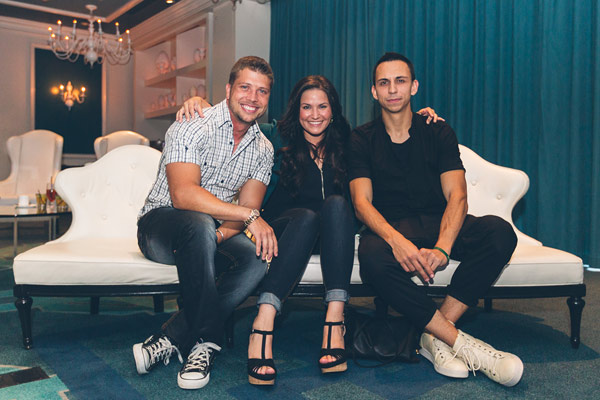
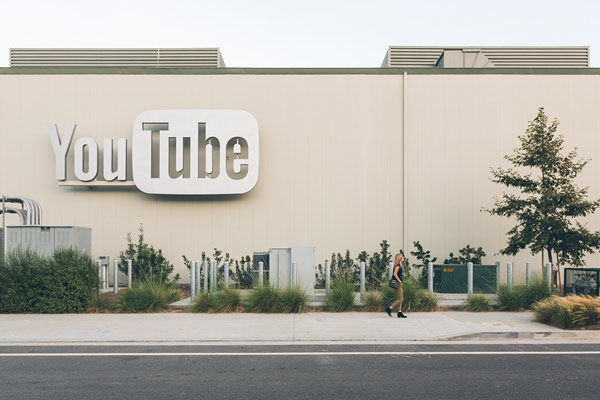
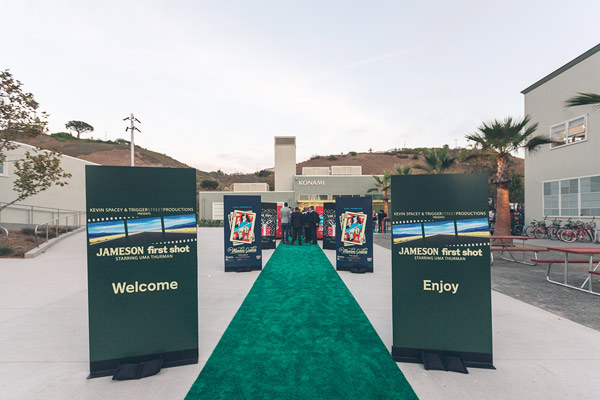
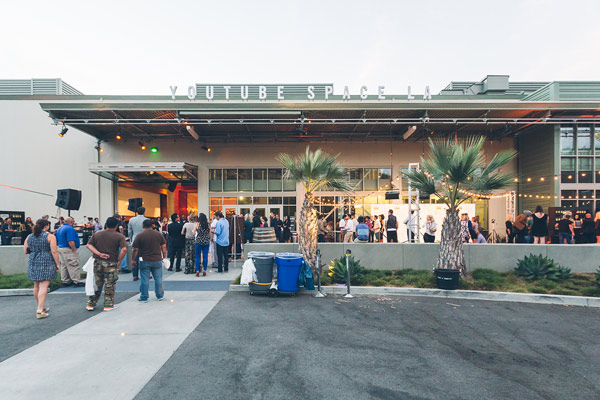
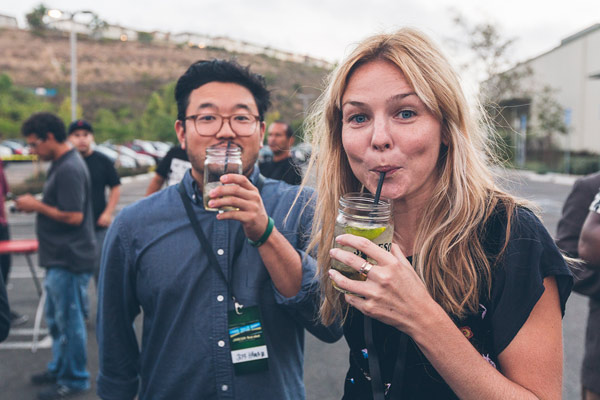
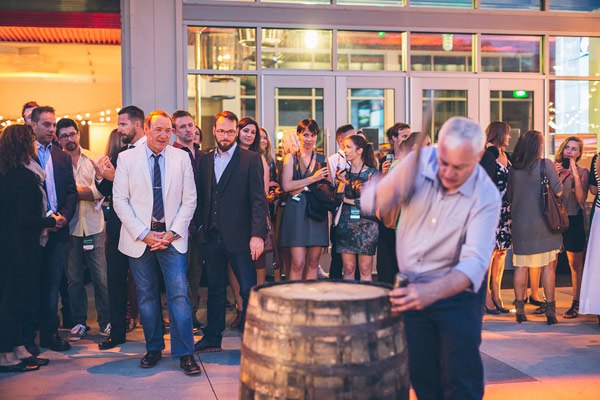


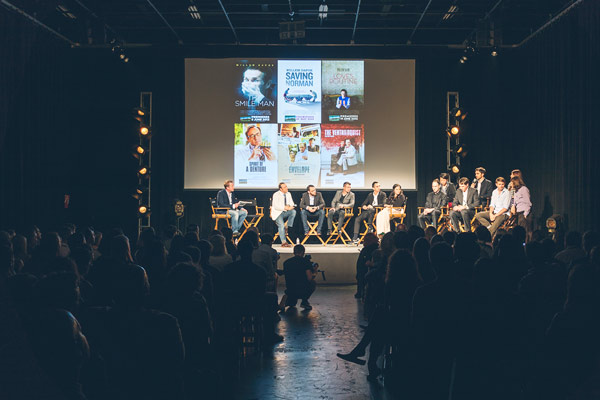
All the photos in this article (except for the very first image) were shot by photographer Brandon Shigeta.
THE FILMS
“The Gift” by Ivan Petukhov.
“Jump” by Jessica Valentine.
“The Mundane Goddess” by Henco J.
